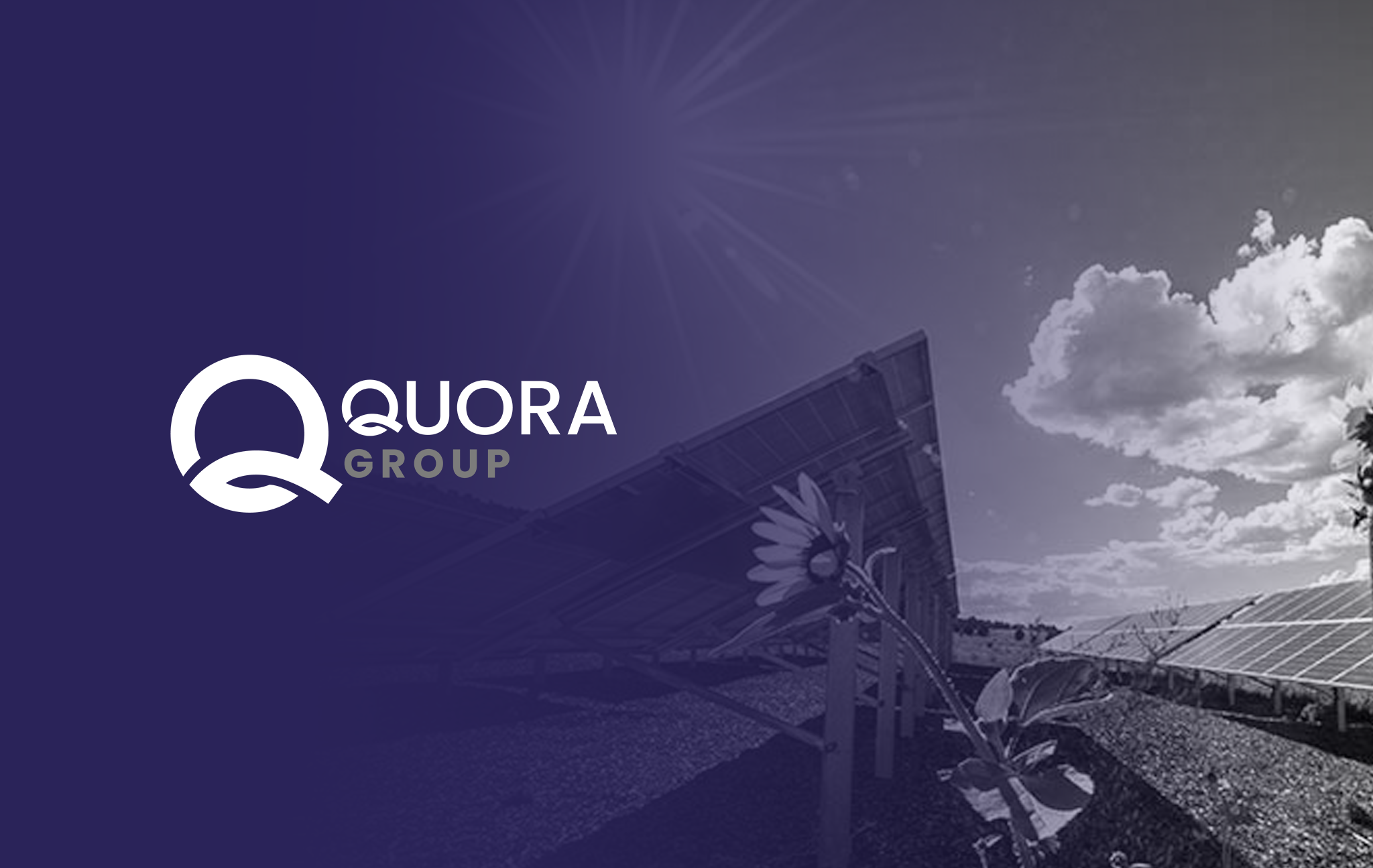The UK isn’t exactly known for its sunny weather, so you may be surprised to learn that solar energy can be a viable option for homes and businesses nationwide, with the sunniest months seeing solar provide as much as 30% of the UK’s total energy demand.
Solar technology uptake has been held back by the common misconceptions that linger around our country’s sunlight levels. But solar panels don’t even need direct sunlight to offer clean, renewable energy. The most popular method of solar energy generation uses solar photovoltaic (PV) panels, which have been the product of decades of research and engineering to drive up their efficiency.
For many businesses in 2023 and beyond, solar PV offers a route to cleaner energy generation and decreased energy costs. But with many competing systems available and ongoing worries around UK sunlight, it’s always worth diving deeper into what solar PV is, how it works and how it may impact your business.
As experts in solar PV systems, we thought we’d share our thoughts on how this technology could help you.
What is solar PV?
A solar PV panel is a specific type of solar energy technology designed to generate electricity. It is not to be confused with solar thermal technology, which only provides hot water. Solar PV panels are instead capable of powering your business and even creating excess energy that can be sold back to the national grid.
How does solar PV work?
For the energy in sunlight to actually generate power, a panel must be constructed in a way that permits a photovoltaic reaction. With that in mind, solar PV panels utilise a layer of silicone, a conductive, non-metal material. When sunlight strikes the panel, electrons begin moving to initiate a DC current. This current is then passed through an inverter to output AC, which is what the UK grid works on.
However, this energy can’t last forever and it must be either used to power your own systems, ‘sold back’ to national energy suppliers or stored via battery storage which allows you to store and re-use the energy at a later time. Whilst this makes them far more efficient for your business, solar PV systems can be even more expensive once you add in the cost of battery storage.
Is Solar PV suitable for your business?
Solar PV is commonly marketed to residential owners who can use relatively few panels to offset their energy prices. However, since the end of the feed-in tariff in 2019, we’d now argue that solar is far more cost-efficient for business use than in domestic properties because energy suppliers will purchase your excess electricity at wholesale prices to sell to their residential customers.
Solar PV provides electricity at a far cheaper rate than purchasing it from the national grid, which can save your business a significant amount of money over time. The downside is that installation costs are higher than other energy systems and are limited by the physical dimensions of your premises/site. Fortunately, solar PV is also a long-lasting energy system that, when properly maintained, can last 30 years or more, delivering ongoing, long-term cost savings.
At Quora Group, we specialise in the design, installation and maintenance of solar PV renewable energy systems and can help you understand the pros and cons, technical considerations and potential lifetime savings offered by this exciting technology. Contact us today if you’d like to discuss your premises.
